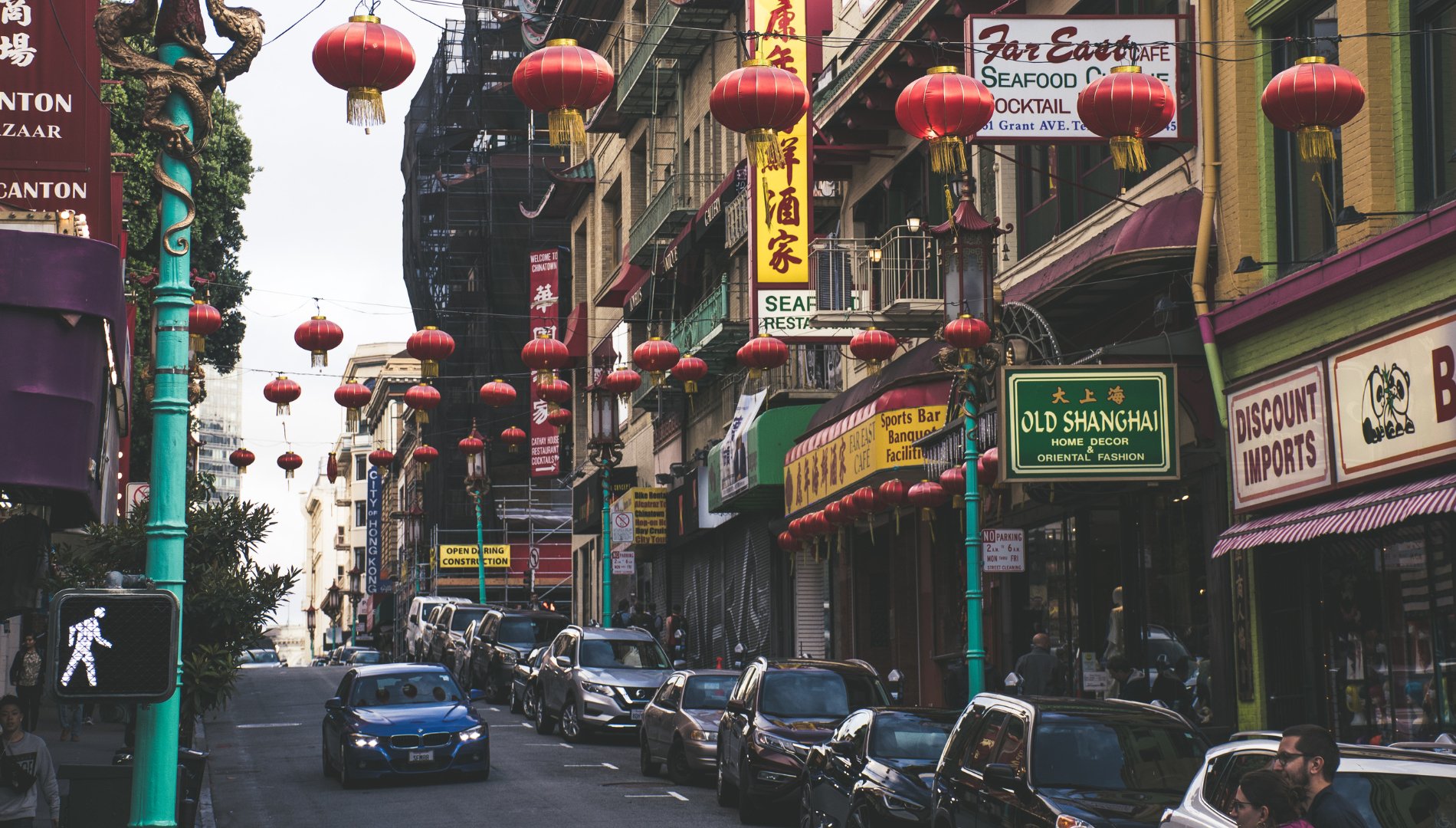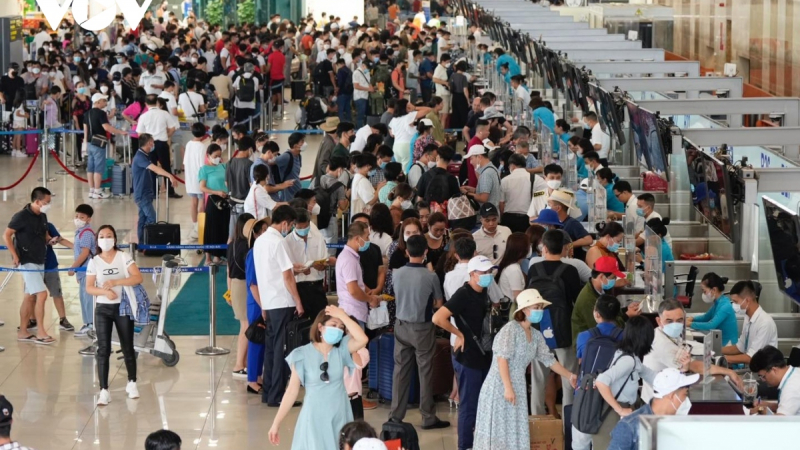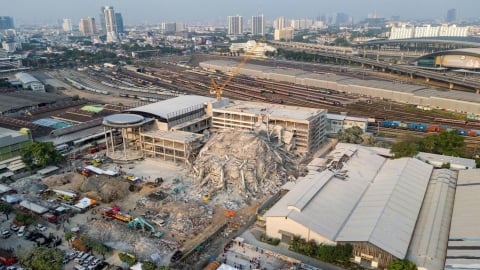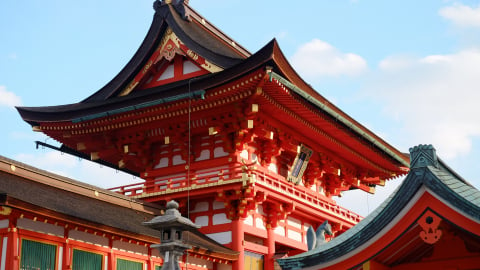Recently, in the latest development reflecting the escalating tensions in bilateral relations, the Chinese Ministry of Culture and Tourism officially issued a significant travel warning for its citizens planning to visit the United States. This move comes amidst escalating trade tensions between the two leading economic powers, the US and China, and Washington's tightening of visa procedures for foreign nationals, raising considerable concerns about the safety and convenience of Chinese tourists in the US.
An official statement from the Chinese Ministry of Culture and Tourism clearly expressed deep concerns: "Recently, due to the deterioration of Sino-US economic and trade relations and the increasingly complex domestic security situation in the United States, the Chinese Ministry of Culture and Tourism advises travelers to carefully assess the risks and exercise extreme caution when traveling to the United States." This warning is not merely a routine advisory but also reflects Beijing's concern about potential instability that could affect the safety, rights, and experiences of Chinese citizens throughout their travels in the United States.

The Chinese government has issued a warning to its citizens about traveling to the United States amid strained bilateral relations between Beijing and Washington.
Notably, alongside the travel advisory, the Chinese Ministry of Education has also expressed concern for Chinese students intending to pursue their education in the United States, particularly after Ohio passed the Higher Education Act with provisions that China believes will negatively impact existing academic cooperation between the two countries. The Ministry of Education advised prospective students to carefully consider potential safety risks and to be especially cautious in choosing states to study in the US, especially those areas that may be affected by the newly implemented restrictions.

In addition, the Chinese Ministry of Education also "reminded all foreign students to conduct risk assessments... when choosing to study in US states in the near future."
The simultaneous warnings from both the Chinese Ministry of Culture and Tourism and the Ministry of Education come amid signs of escalating tension between the US and China in recent days. On April 9 alone, Beijing retaliated strongly by imposing retaliatory tariffs of up to 50% on a range of US imports, a significant increase from the 34% tariffs already imposed the previous week. This is seen as a direct response to the tough tariff policies pursued by President Donald Trump and his administration.
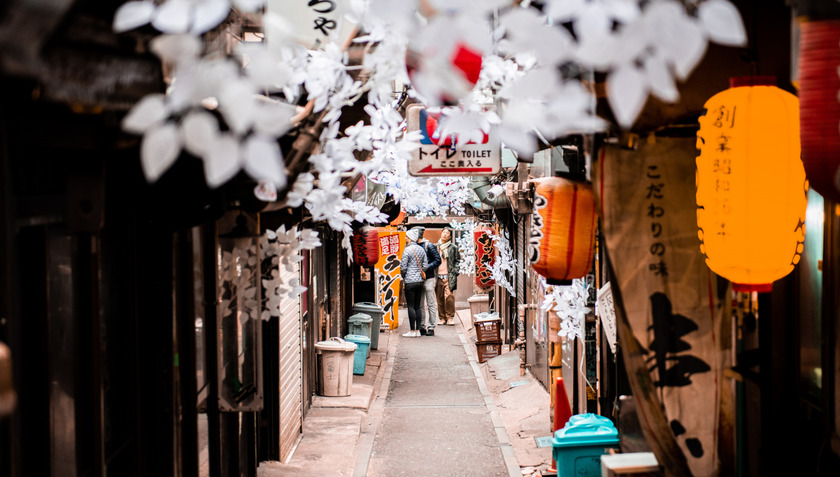
At noon on April 9th, immediately following Beijing's move, the White House ordered an increase in tariffs on Chinese goods to 125%.
Following Beijing's aggressive move, at midday on April 9th, the White House also responded swiftly by ordering an increase in tariffs on imported goods from China to 125%, a move that demonstrates the ongoing escalation in the trade war between the world's two largest economies.
In the same announcement, President Trump also mentioned that the US would temporarily suspend for 90 days the application of new tariffs on countries that do not object to the new trade policies Washington is implementing, a move that may be aimed at creating divisions in the international community and putting pressure on other trading partners. All these developments paint a complex and challenging picture in the US-China relationship, with potential impacts not only on the economic sphere but also extending to other aspects such as tourism and education.

 VI
VI EN
EN



